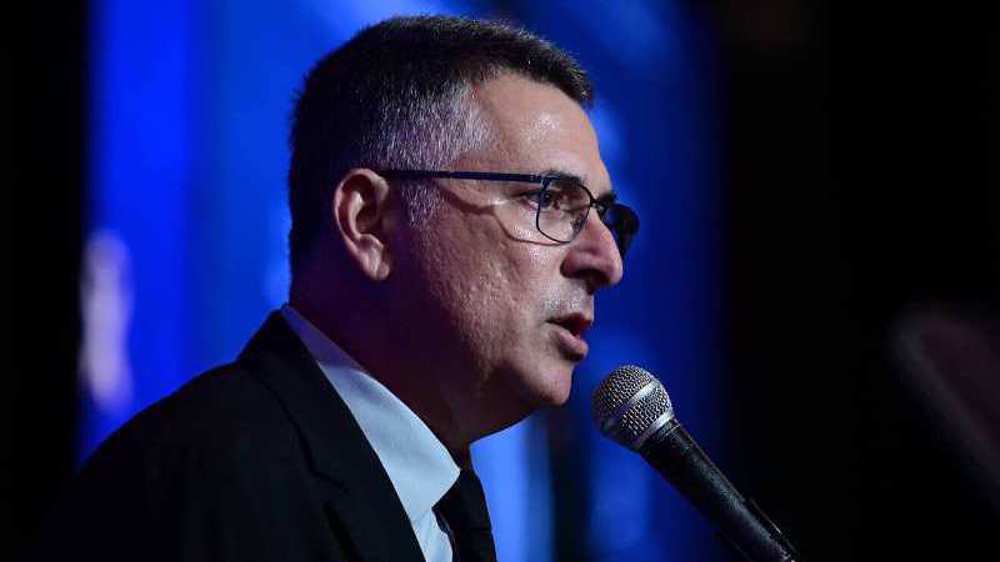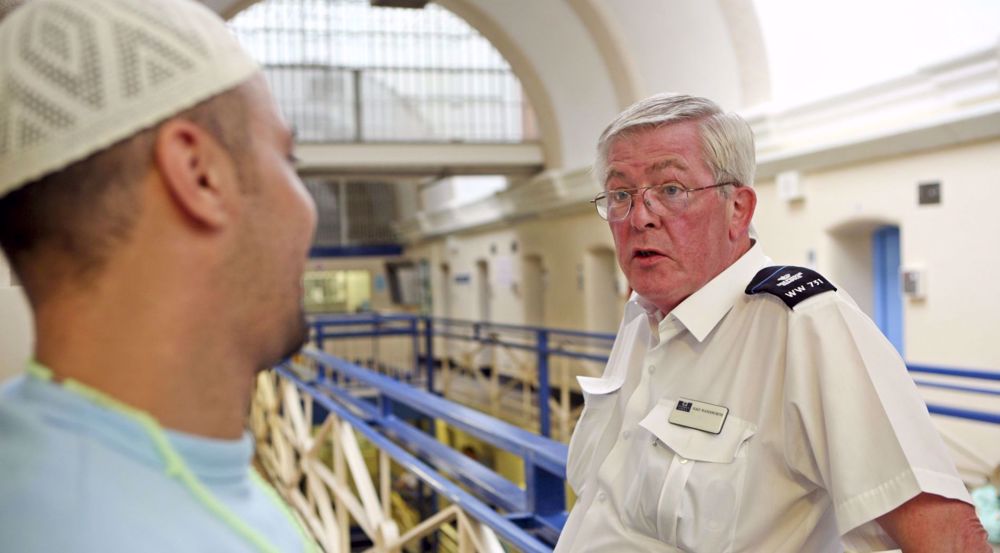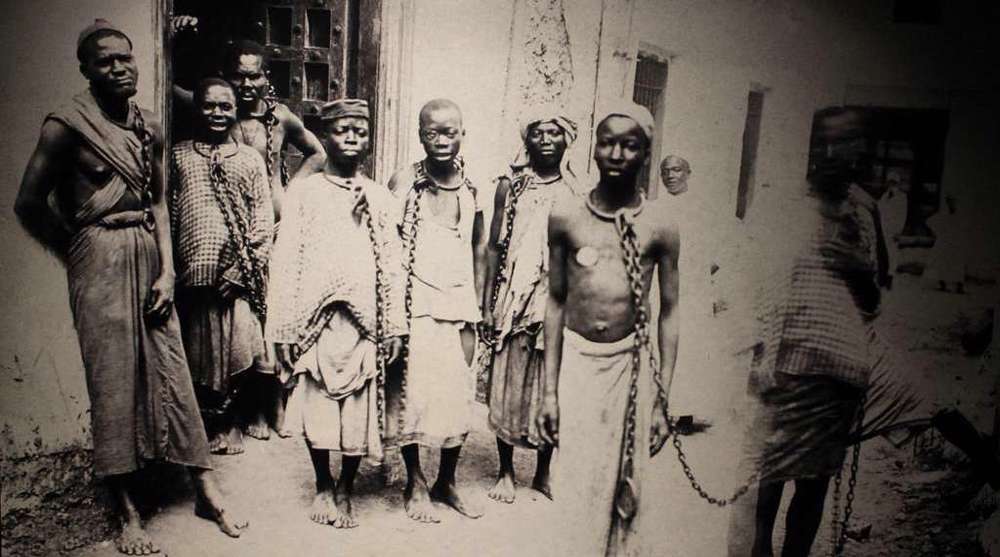UK final push for curbing migrants welfare
British Prime Minister David Cameron has made a final push to seal a deal on curbing welfare benefits for migrants as part of his larger plan to prevent Britain becoming the first country to leave the EU.
The push was made during Cameron meeting with European Commission chief Jean-Claude Juncker in Brussels to discuss a "migration brake" that would meet his key demand - a four-year limit before EU workers in Britain can claim welfare payments.

Cameron has set out four key areas for a deal: migrant benefits, safeguards against more political integration in the EU, protection of countries that do not use the euro currency and the boosting of economic competitiveness.
The main problem hampering a deal is Cameron's insistence that EU migrants employed in Britain must wait four years before claiming welfare payments such as tax credits or housing benefits.
Cameron has warned that the EU's counter offers were "not yet strong enough" but still promising.
"It's encouraging that people like the European Commission are coming forward with new ideas but there's still a long way to go before we see something that we can actually agree," Cameron said.
The negotiations to prevent a so-called "Brexit" from the 28-nation EU come amid a series of crises for the bloc including the biggest influx of migrants and refugees to Europe over the past several months.

If Cameron gets a deal at an EU summit slated for February, he is then expected to hold an in-out referendum in June on Britain's four-decade old membership of the EU. His position as prime minister likely hangs on the outcome of the referendum.

Rights groups demand arrest warrant for Israeli FM visiting UK over Gaza war crimes

Muslim prisoners ‘singled out’ for violent treatment in England: Charity

Report: Most Britons ignorant about scale of UK slavery
Over 100 rabbis, cantors slam Trump for pro-Palestine campus crackdown
Nearly 30 Palestinians killed in fresh Israeli strikes on Gaza
VIDEO | Press TV's news headlines
FBI, local police raid homes of pro-Palestine activists in Michigan
Trump ratings low amid US economic turmoil
VIDEO | Trump tariffs: A wrecking ball!
Israel deprives Gazans of basic needs for ‘survival’: UN
South Africa has no choice but to support resistance against Israel's genocide in Gaza







 This makes it easy to access the Press TV website
This makes it easy to access the Press TV website